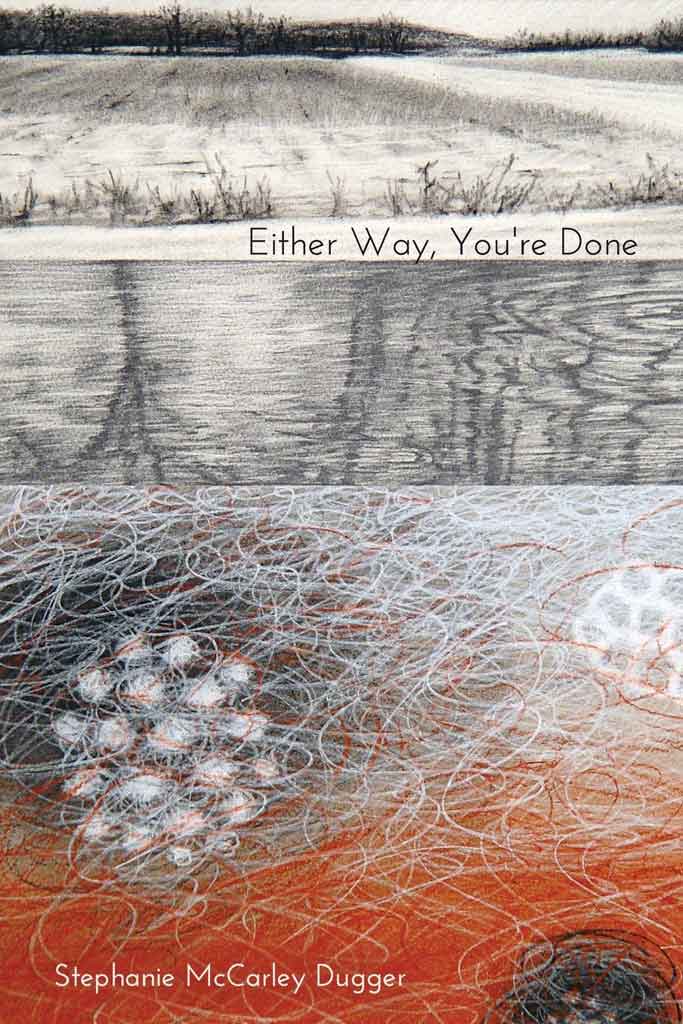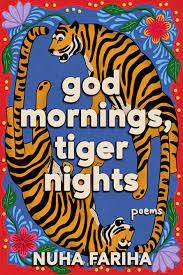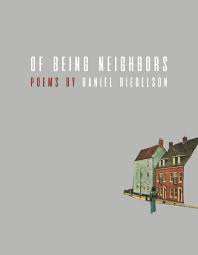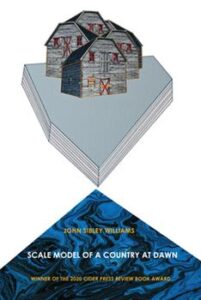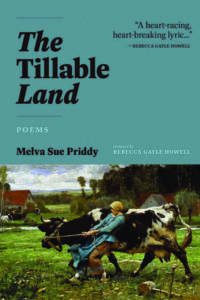Review by Jeremy Michael Reed // February 23, 2018
Sundress Publications, October 2017
Paperback, 88 pp. $12.99
Former Grist poetry editor Stephanie McCarley Dugger’s first full-length collection of poems Either Way, You’re Done speaks from a rural environment of crops, tractors, catfish, and hawks. Dugger’s book moves through such archetypal images from her narrator’s past in order to make sense of her present and her possible futures in the face of the violence she’s experienced, witnessed, and feared. While each poem remains rooted in concrete actions observed and taken, Dugger’s often disjointed lines lend her debut a dream-like combination of the character’s experiences across her life, a dream whose main characters are left simultaneously hopeful and afraid.
Before Either Way, You’re Done’s first section, Dugger’s book begins with a floating poem titled “An Excavation” that acts as an ars poetica for the collection as a whole. As the poem progresses, Dugger’s world is set in motion with dogs digging under a backyard shed, a mundane “everyday / practice.” This daily excavation leads to a hole “big enough to crawl through, / big enough to hide in” that empties the world of the poem of all its markers, from cars to house to neighborhood, turning the world “inside out” in order to “start over, / moonstruck, / silent.” This newly discovered beginning in silence comes after the experiences of intense trauma that the rest of the book will explore, from sexual assault and harassment to abduction and family disagreements, digging up past experiences in order to reach a new position to begin from. While these important themes are shared by many poets writing today, Dugger adds to this contemporary conversation her rural perspective and her investment in a Marie Howe-like myth-making approach to understanding her narrator’s relationship with her family and childhood.
Dugger’s point of view on the difficulty of the position her narrator finds herself in is described in one of the lynchpin poems of the collection, “Packing,” which arrives near the book’s end highlighting a different kind of daily practice: “Puzzle making, puzzle / solving, / goes on for days.” The puzzle to be solved in this poem is the decision about what to do with the debris of a life and its traumas re-experienced over the course of the reading and writing of Either Way, You’re Done. As Dugger writes, “Emptying out / is a flood, / water moving / over everything, / leaving behind / something, too- / sticks, mud, / scrap metal, nerves.” Dugger’s narrator asks herself and her reader, “What to do / with the stones / I collected at the river,” carry them forward or leave them here?
Dugger uses the space she’s cleared in Either Way, You’re Done to hold these stones, memories she’s crafted and handled with care. The cumulative effect of the collection left me seeing my own world as the one Dugger sketches in her book, a world suffused with the wake of the past. At book’s end, I found myself returning to its first poem, waiting for what words come next from this poet after the generative silence she sought allows her to start speaking again.
ABOUT THE REVIEWER
Jeremy Michael Reed is a PhD student in Creative Writing at the University of Tennessee. His poems are published in Still: The Journal, Stirring: A Literary Collection, Valparaiso Poetry Review, and elsewhere. He lives in Knoxville, where he is the editor-in-chief of Grist: A Journal of the Literary Arts, co-directs The Only Tenn-I-See Reading Series, and tweets @jreed1490.


